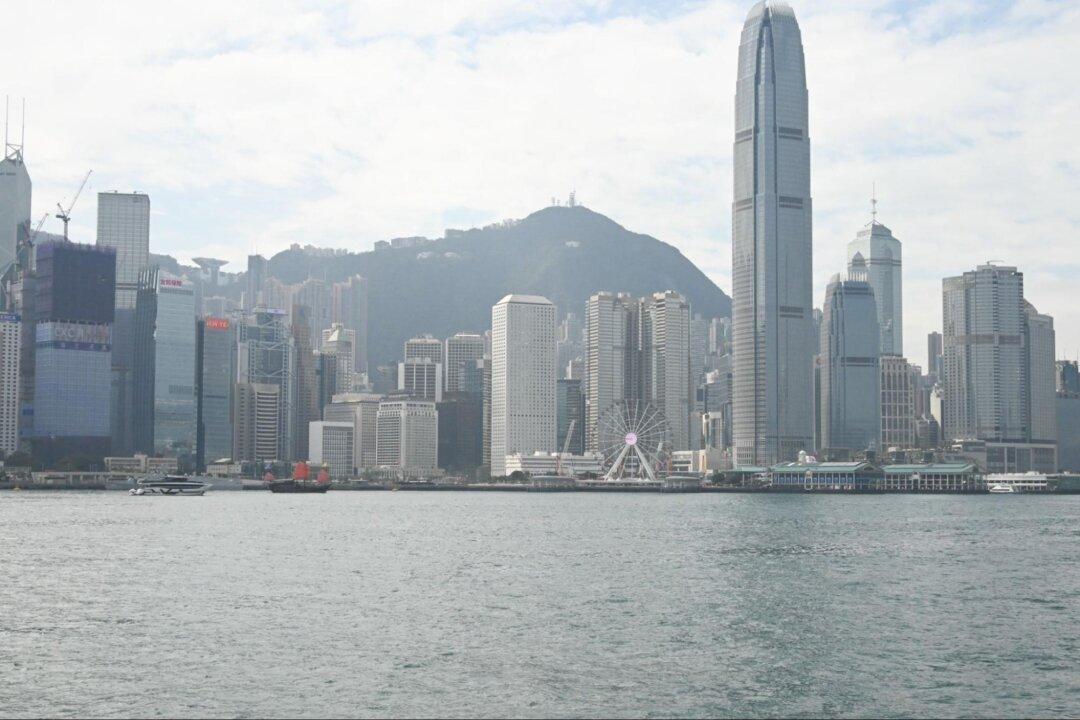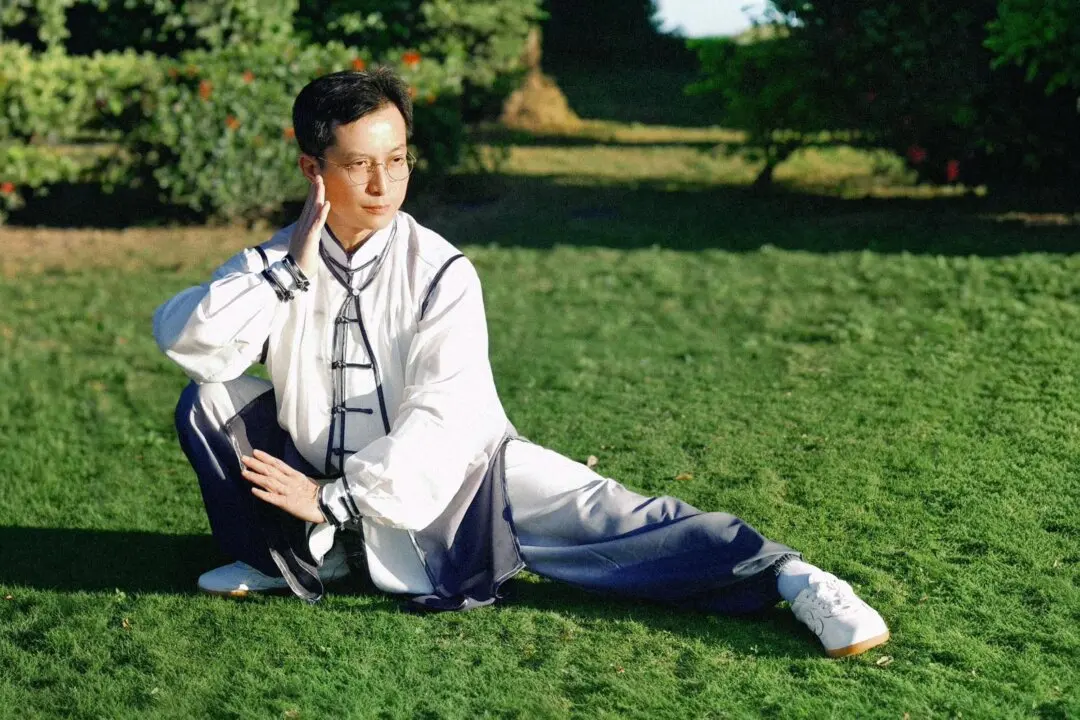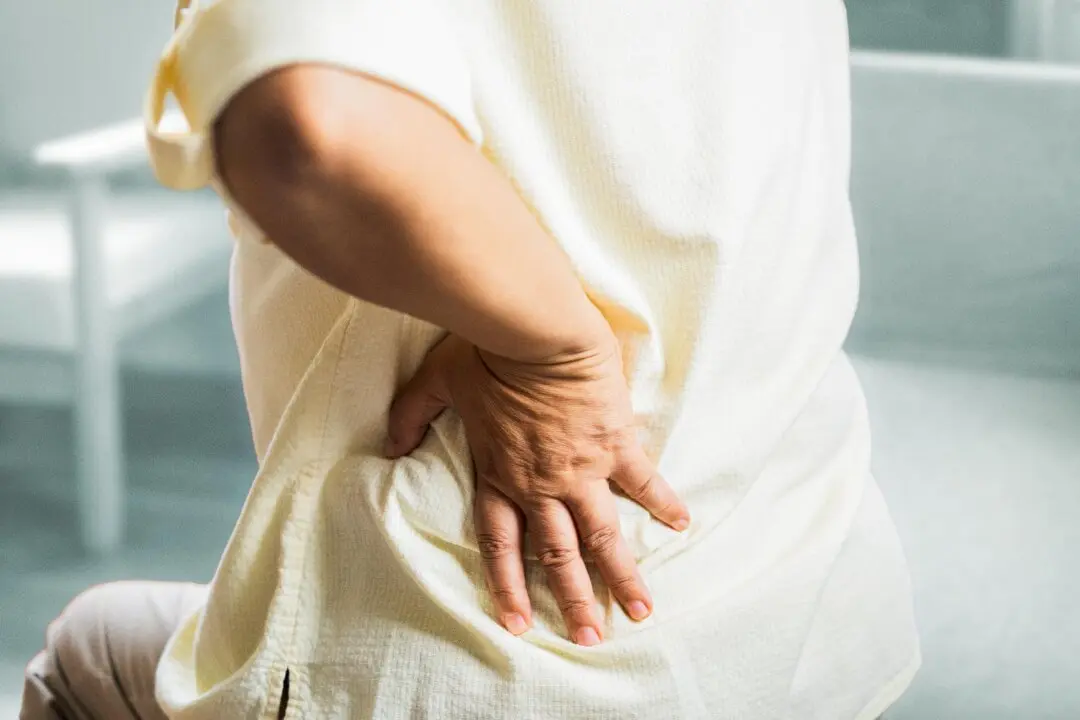In January 2024, the UN Human Rights Council is set to conduct the “Universal Periodic Review” on China and Hong Kong’s human rights situation. On July 18, The Hong Kong Centre for Human Rights (HKCHR), an overseas Hong Kong human rights organization, submitted a written report to the Council detailing the human rights situation in Hong Kong since the last review in 2018. The report calls on the Chinese Communist Party (CCP), and the Hong Kong government to abolish the National Security Law and the sedition offense and to cease all prosecutions related to the exercise of the freedom of speech.
Established in 2006, the “Universal Periodic Review” requires all UN member states to undergo a periodic review every four to five years and respond to recommendations and progress reports from other member states. From January 22 to February 2, 2024, the UN Human Rights Council will hold its 45th session of the “Universal Periodic Review,” which will include an examination of the human rights situation in China, including Hong Kong and Macau.




